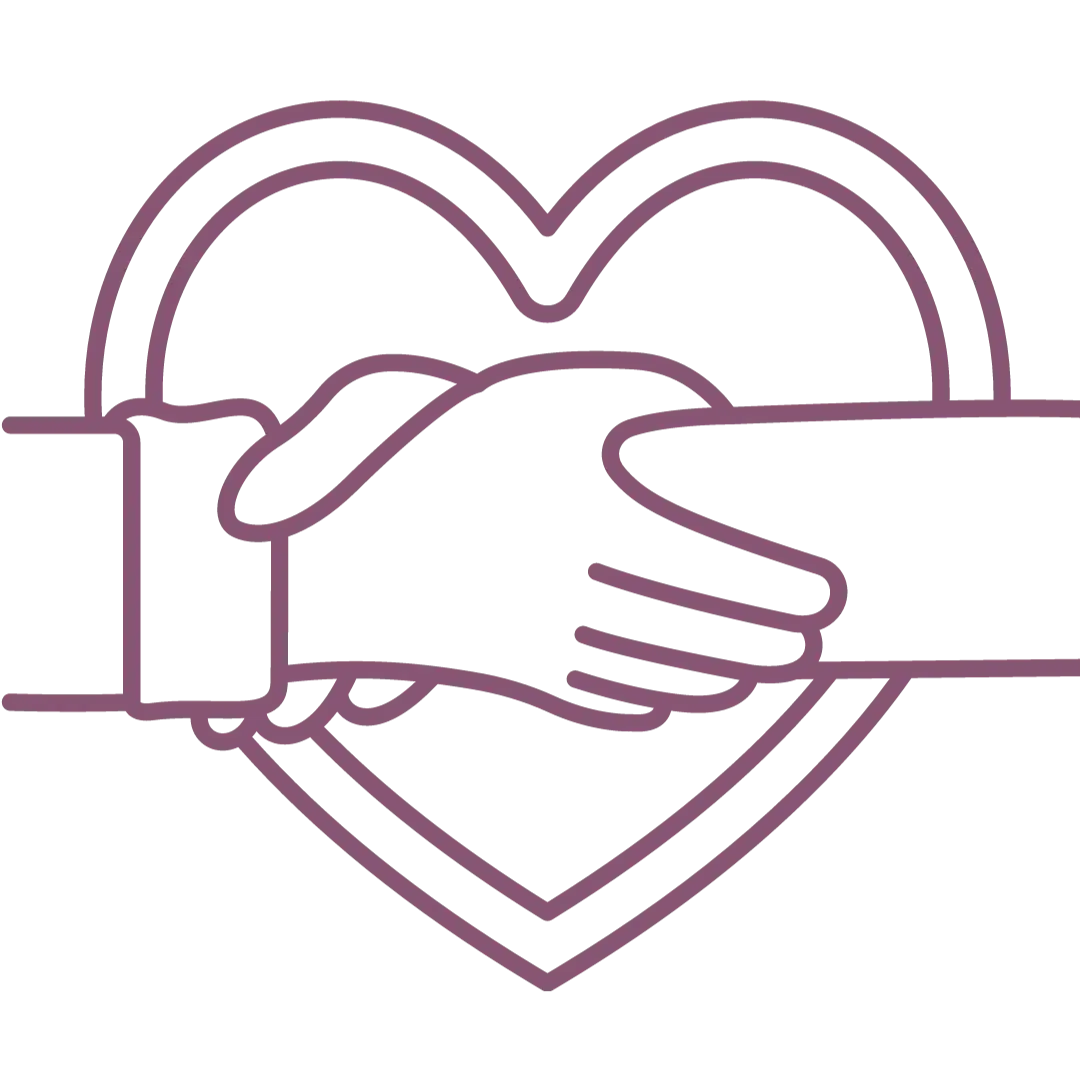
Join today and save! Use code Guest2Member15 for 15% off your membership.
Join today and save! Use code Guest2Member15 for 15% off your membership.
Because May is mental health awareness month, I wanted to bring attention to the role of self-compassion in working with mental health stigma. Dozens of research studies show that self-compassion reduces stigma in people dealing with a wide variety of psychological or physical challenges.
Many of us carry a sense of shame when we’re feeling anxious, depressed, overwhelmed, or simply not okay. We may believe we should be able to “handle it” on our own or that something is wrong with us for struggling in the first place.
Our inner critic often gets loud and assertive, telling us we shouldn’t be feeling what we’re feeling. This part of us thinks it can force us out of feeling bad by making us feel bad for feeling bad. As you can imagine, this strategy isn’t very effective and just makes us feel worse.
Self-compassion provides stability when our mental health is rocky. It provides an intrinsic sense of self-worth that’s rooted in our shared and imperfect humanity.
When we turn compassion inward, it means we’re supportive, kind, and understanding toward ourselves when we have a mental health challenge. Instead of judging ourselves for our state of mind or telling ourselves to just “snap out of it,” we recognize that difficult emotions, confusion and distress are part of the human experience.
Self-compassion allows us to validate and acknowledge what we’re feeling without adding layers of judgment, shame and blame. We don’t choose how our brain reacts to threat and uncertainty. Our mental state is impacted by so many things outside of our control – our genetics, our family history, our social and economic circumstances, and so on. It’s not our fault.
My son Rowan, who struggles with OCD in addition to being autistic, often has what we call “loops.” These loops are typically triggered by a thought that maybe he’s done something wrong, and that people might be angry with him or punish him. These thoughts have nothing to do with reality, but they overtake him. His sympathetic nervous system gets activated, his eyes widen, and he lurches frantically from side to side. Then he judges himself for being “over-reactive,” which feeds the loop, and down he goes.
I’ve learned over the years that the first thing I need to do when Rowan gets caught in a loop is to have compassion for myself and him (in that order), so that my presence becomes calm and kind. Instead of trying to get him out of the loop, I try to help him disidentify with it. “It’s just your brain sweetheart. You’re in an OCD loop. Your brain does this sometimes. It’s trying to help you and keep you safe, even though it’s making things difficult right now. You don’t have to take it personally.”
When the loop eventually passes, he’s able to treat it like a visitor who came and went, rather than letting it define him. He then usually makes a joke and quickly resumes being the kind, funny, incredibly sweet young man that he is.
I’m including a meditation that can help you bring kindness and compassion towards any feelings of stigma or inadequacy you may be experiencing due to a mental health struggle – whether it’s a small challenge or something major you’ve been dealing with for years. It’s a variation on loving-kindness meditation (involving the repetition of goodwill phrases) that’s aimed at accepting ourselves as we are.
None of us need to take our mental health challenges personally. We didn’t choose them and we can’t control them. Our choice lies in relating to our struggles with warmth and acceptance. Our hearts aren’t tarnished by these challenges, they’re expanded by them.

Scholarship Rates
